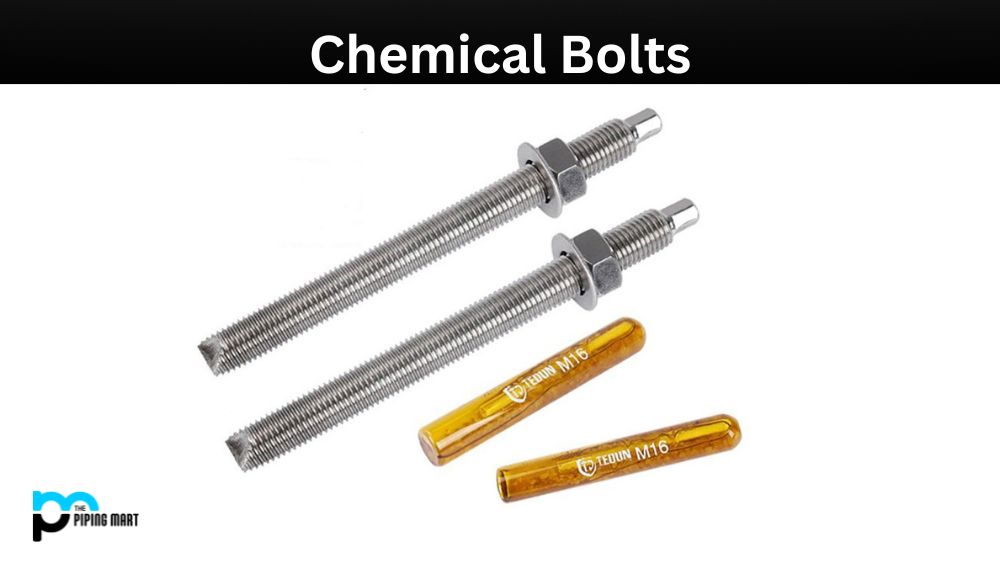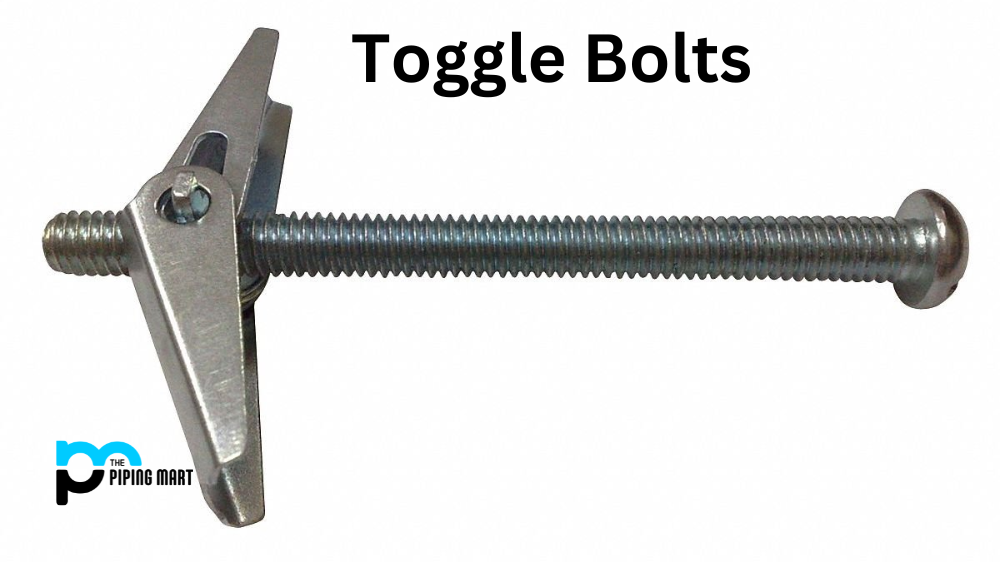When it comes to the world of construction, Chemical Bolts have proven their worth time and time again. These bolts have set a new standard in construction, revolutionizing the way structures are built. Chemical bolts are essential when working with heavy machinery or mounting brackets, especially on concrete surfaces. While the construction industry has indeed embraced what chemical bolts offer, it is essential to understand their advantages and disadvantages. In this article, we aim to discuss the pros and cons of chemical bolts that every construction worker should know.
Advantages of Chemical Bolts
Compatibility with Different Surface Types –
One of the main benefits of chemical bolts is their Compatibility with different surface types. Contractors can install chemical bolts on different surfaces, such as brick, concrete, or rock. Unlike traditional bolts that require perfectly drilled holes, chemical bolts are installed using a chemical compound that anchors into the surface for a firm grip.
High Load Capacity –
Chemical bolts have a higher load capacity than traditional bolts. It creates a more durable and robust connection bonded to the substrate surface. A chemical reaction occurs as the resin is mixed with a hardener that expands and securely locks into the substrate’s surface.
Fast and Efficient Installation –
Installing chemical bolts requires no pre-drilling. The combination of resin and hardener creates a mechanical anchor when it cures. The result is a fast and efficient installation, especially compared to traditional anchor fasteners, which require a more time-consuming process.
Disadvantages of Chemical Bolts
Messy Application –
Using chemical bolts can be messy, especially if you need to be trained in their application. Improper use can lead to a better anchored connection that could compromise the strength of your structure.
More Expensive –
Chemical bolts tend to be more expensive than traditional bolts, but this cost can be offset once you factor in their time-saving application and durability.
Curing Time –
The curing time for chemical bolts is much longer and can take up to 24-48 hours to cure, depending on the chemical formulation used.
Compatibility with chemicals –
Chemical bolts are sensitive to certain chemicals, which may weaken their effectiveness in the long run.
Conclusion:
Chemical bolts are incredibly useful in the construction industry. They save time and effort, offer a stronger hold, and are compatible with various surfaces, making them versatile in many applications. However, like everything, they have some drawbacks. These drawbacks include longer curing times, potential messiness during application, and Compatibility with certain chemicals. However, if used correctly, chemical bolts are incredibly reliable and efficient. Always ensure that a trained professional installs the chemical bolts during construction.
Meet Heer, a dynamic and driven writer learning tricks of her trade in the metal industry. With a background in Digital Marketing, Heer brings a unique perspective to her writing, sharing valuable insights. Apart from blogging she like reading and hiking.




